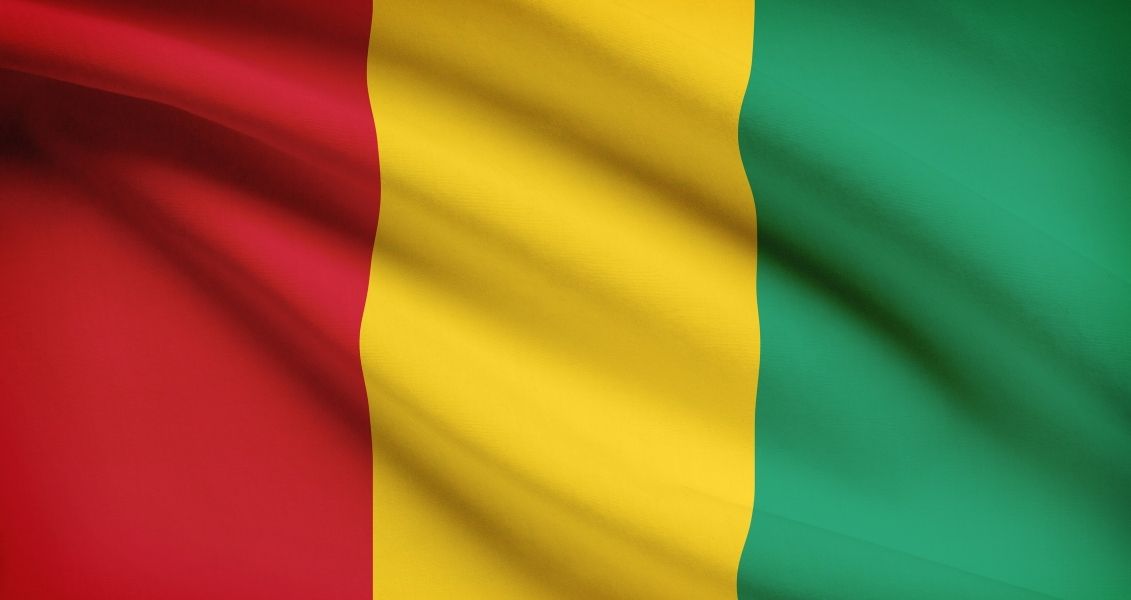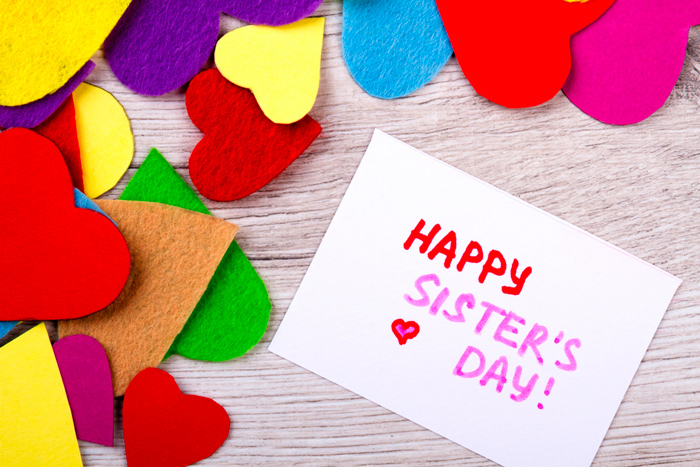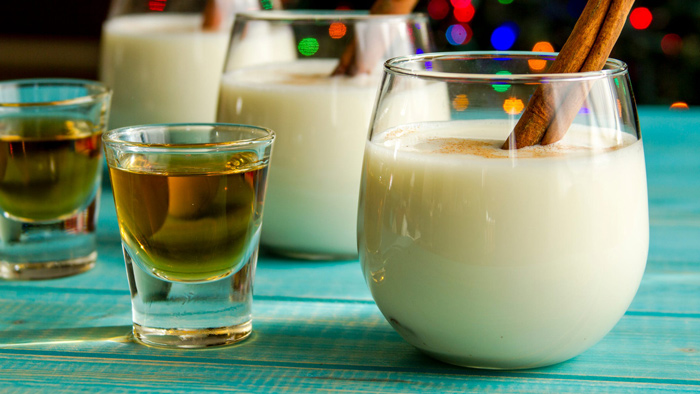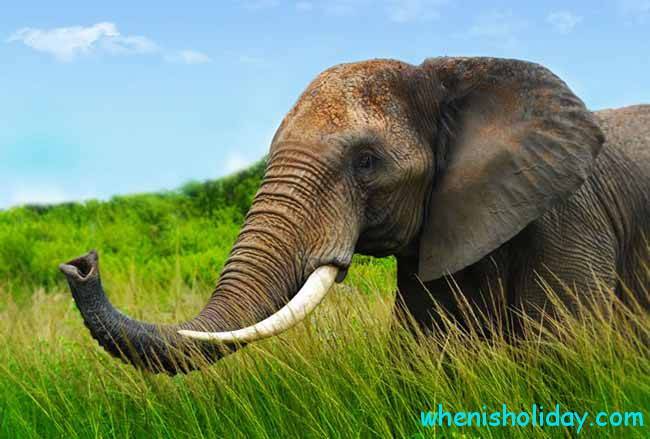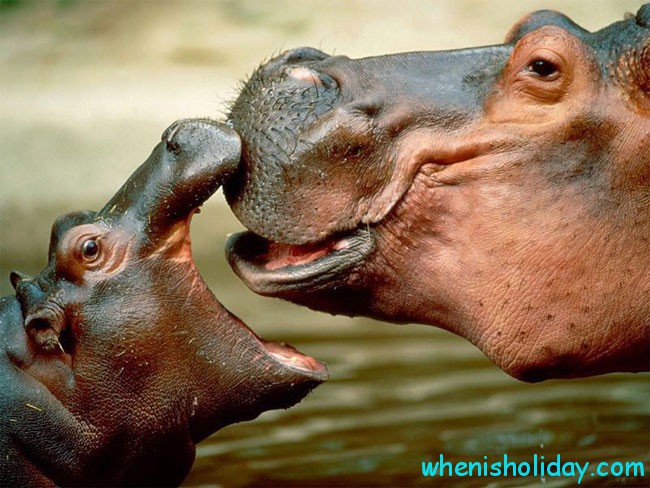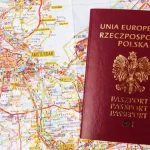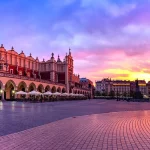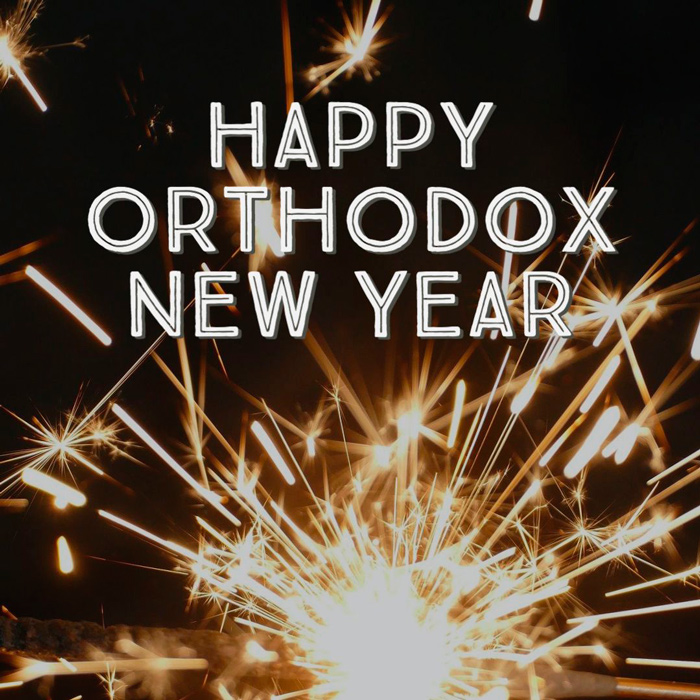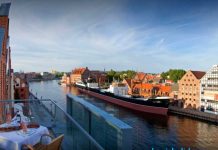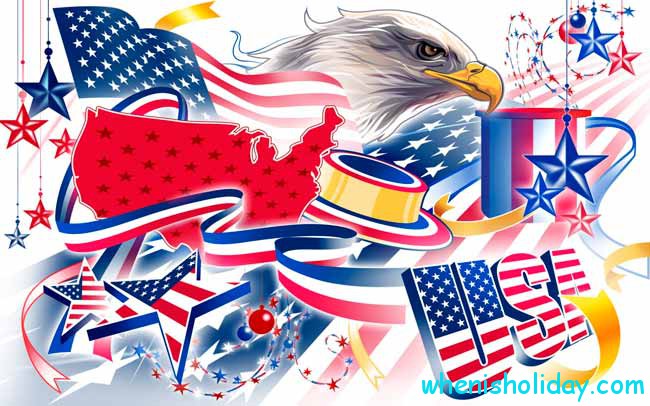Independence Day of the Republic of Guinea
Every year in October, the West African country Republic of Guinea celebrates its main national holiday – Independence Day. This holiday has been celebrated since 1958, after President De Gaulle proposed that the French colonies receive autonomy within France or full sovereignty. It was on October 2 that Guinea chose independence and declared itself a republic.
Little is known about the country’s history before colonization. In the 16th century, Fulbe tribes appeared on the lands of modern Guinea. From the second half of the 19th century, these lands were colonized by France and took the country under its full control. The colonial era ended after the Second World War.
Interesting Facts
- The capital of the country, Conakry, is located on an island and is connected to the mainland only by one road through a dam. Therefore, traffic jams often occur here.
- The soil in Guinea is red or orange in color.
- Until 1974, any medicine, except folk medicine, was prohibited in the country.
- Guinea sells water to 14 African countries.
- In the capital of the state, electricity is supplied only a few hours a day, and in other settlements there may be no electricity for six months.
This country is still one of the poorest in the world.
